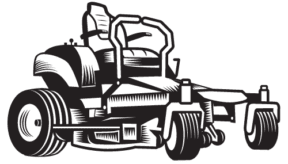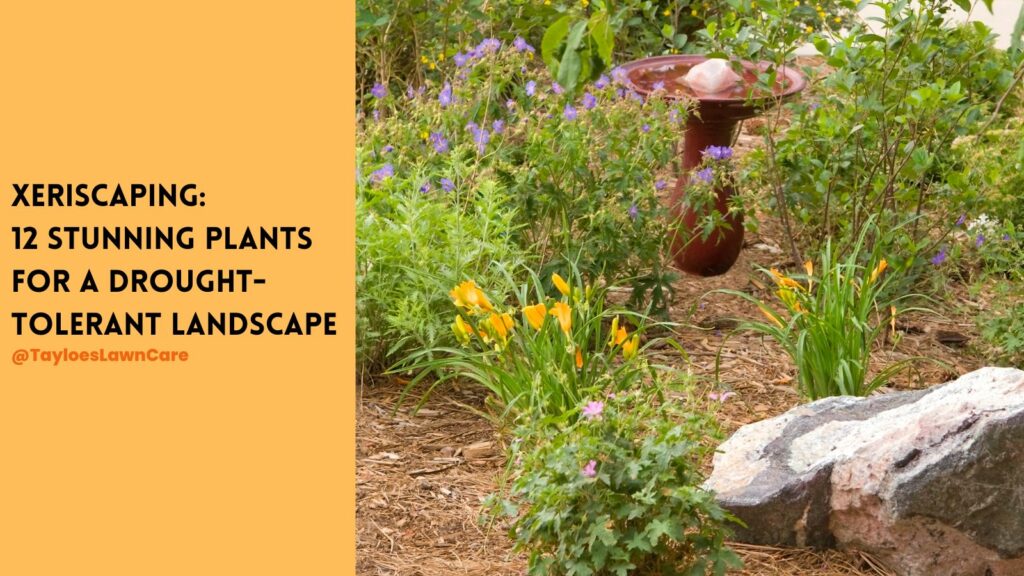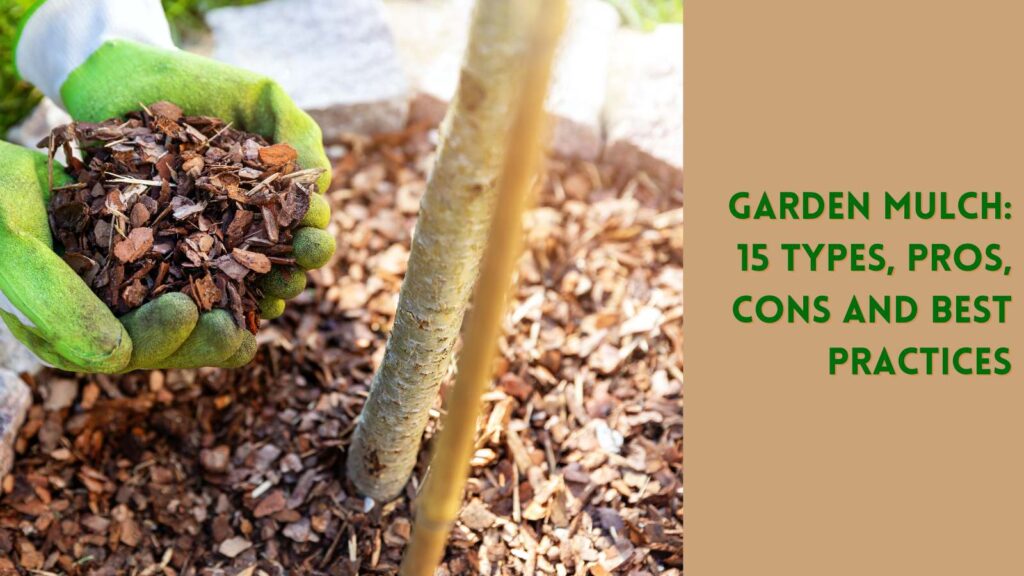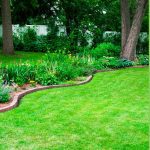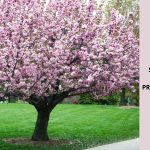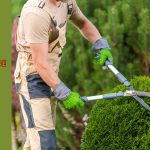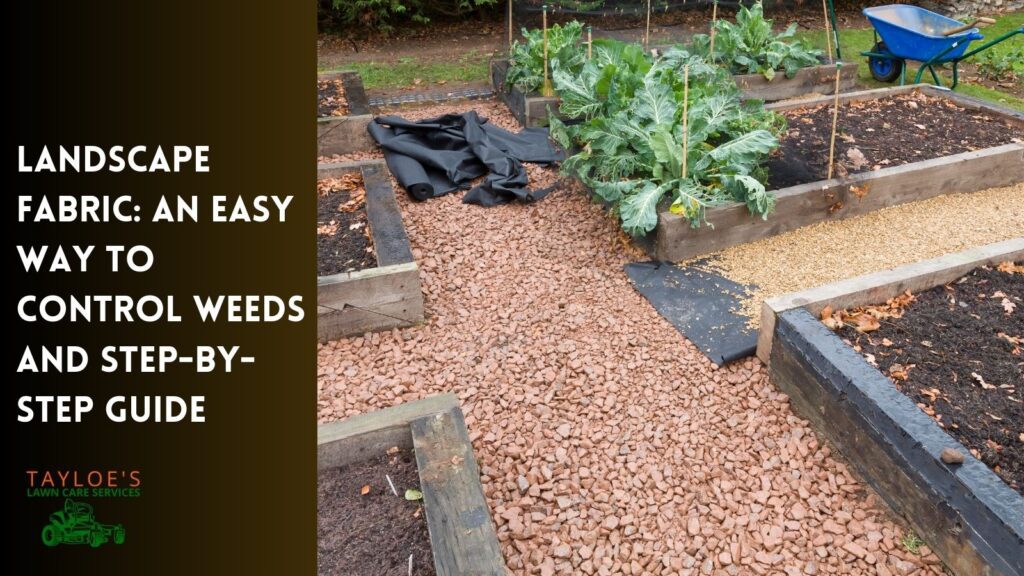Last Updated on: 1st July 2024, 06:20 am
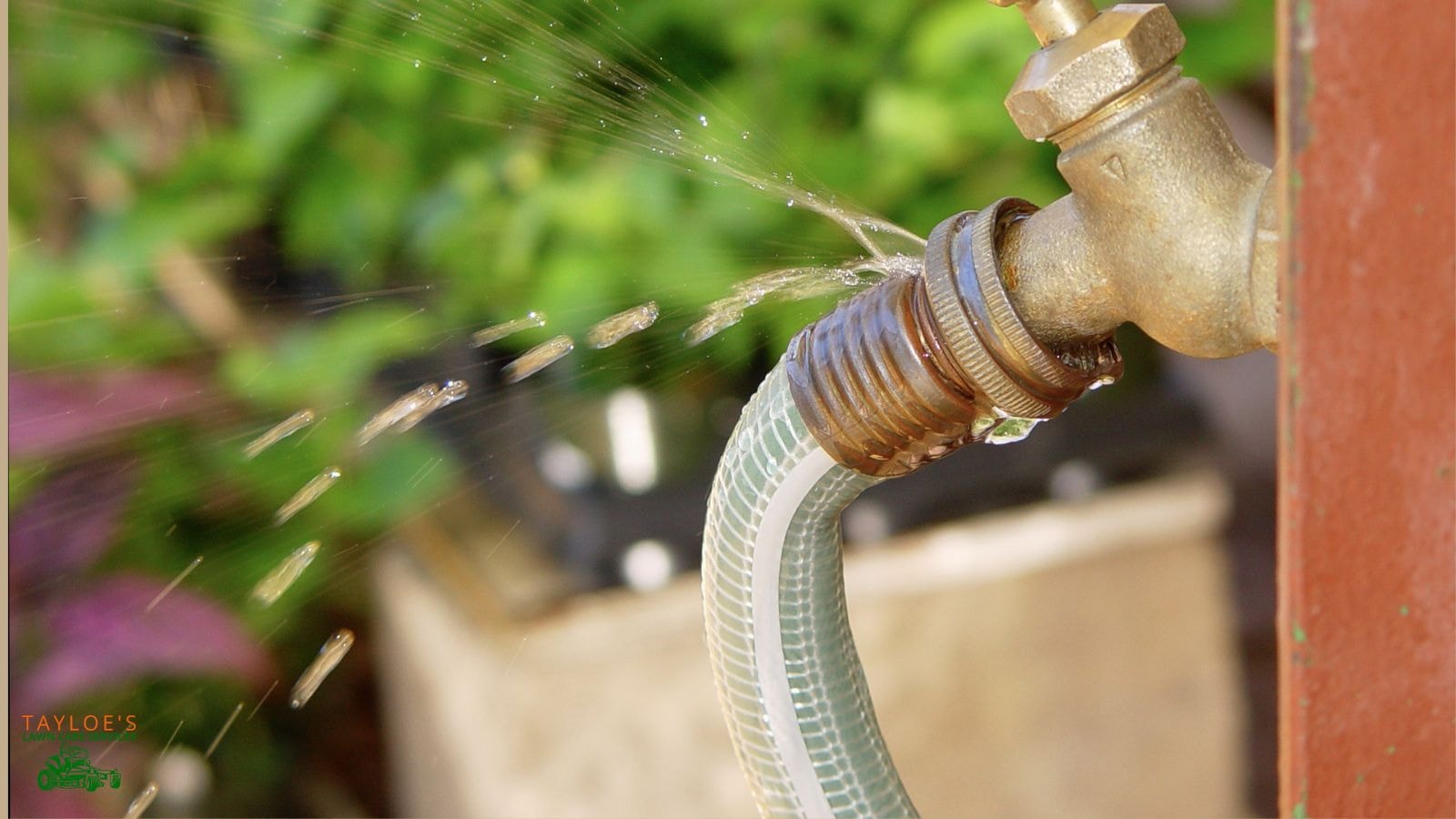
Here’s how you can save water (and some money from your energy bills)
Conserving water is at the top of many people’s minds. Many seek water conservation tips to increase water efficiency with summer heat and rising utility and energy costs. The little steps you take toward saving water can often add up to gallons of water a day, taking a few dollars off your monthly bill and saving on both water and energy.
By the end of this article, you will have some water-saving ideas for the lawn and garden and a few basic indoor water conservation tips to round out the list.
Conserving Water Outdoors in the Lawn and Garden
Here are some things the Tayloe’s Lawn Care team suggests to cut back on water usage in the lawn and garden areas:
Blow or Sweep Driveways; Don’t Hose Them Down
We often see people using a hose to clean their driveways as we provide lawn care services. Try using your leaf blower or a large push broom to clear debris from the driveway. You’ll remove the debris without losing water.
Set Timers on Irrigation Systems and Sprinkler Systems
One of the most effective ways to conserve water in your lawn and garden is to set timers on your irrigation systems. Automatic timers to the irrigation system can help you avoid overwatering, save water, and promote healthier plant growth. Set your irrigation system timers to water during the early morning hours, when temperatures are cooler and evaporation rates are lower.
This ensures that the maximum amount of water reaches the roots where it’s needed most. Adjust the timing of irrigation systems based on seasonal changes and rainfall. Finally, add rain sensors to prevent watering during or after rain showers.
Water Plants at the Right Times
Timing is everything when it comes to watering your plants efficiently. The best time to water your lawn and garden is early morning or late evening when the temperatures are cooler. This reduces water loss due to evaporation and allows plants to absorb moisture more effectively.
Avoid watering during the hottest part of the day, as the water will evaporate quickly, and avoid watering in the evening, which can lead to fungal growth.
By sticking to these optimal watering times, you can ensure your plants get the hydration they need without wasting water.
Install Native Plants for a Smaller Water Footprint
Choosing native plants for your garden can significantly reduce your water usage. Native plants are adapted to the local climate and soil conditions, making them more resilient to drought and less dependent on frequent watering.
They often require less maintenance and can thrive with your area’s natural rainfall patterns. Incorporate a variety of native shrubs, flowers, and grasses into your landscape design to create a beautiful, low-water garden.
This not only prevents water waste but also supports local wildlife and enhances biodiversity in your yard.
Use Soaker Hoses
Using soaker hoses is an efficient and effective way to water your lawn and garden while conserving water. Soaker hoses deliver water efficiently into the soil, minimizing evaporation and delivering targeted watering right at their roots.
Support a Local Commercial Car Wash
You might wonder how supporting a local car wash can help conserve water in your lawn and garden. Many commercial car washes have a water treatment system that recycles water. Because they recycle the water, they use less water than washing your car at home.
Using these services reduces your household’s overall water consumption, allowing you to allocate more water to your lawn and garden without increasing your reliance on this limited resource.
Do Your Yard Work in the Early Morning
Completing your yard work in the early morning is another excellent way to conserve water. Tasks such as mowing, trimming, and weeding are best done when the temperatures are cooler, reducing stress on your plants and minimizing water loss through evaporation.
Early morning yard work also ensures that your plants are not exposed to intense heat immediately after being trimmed or cut, which can cause additional water stress.
Understand the Soil Moisture and Watering Needs of Your Plants
Understanding your plants’ soil moisture and specific watering needs is crucial for effective water conservation. Different plants have varying water requirements, and the soil type in your garden can significantly influence how much water is needed and how often. Start by assessing your soil type—sandy soils drain quickly and may need more frequent watering, while clay soils retain water longer and require less frequent watering.
Use a soil moisture meter to monitor the moisture levels in your garden. This tool helps determine when your plants need water, preventing overwatering and ensuring water reaches the roots effectively. Observe your plants regularly for signs of overwatering or underwatering. These include yellowing leaves or wilting. Adjust your watering schedule based on these observations and the specific needs of each plant type.
Swimming Pools
Own a pool? Use a pool cover to reduce evaporation when the pool is not in use. Regularly check for and repair any leaks in the pool and its plumbing. Maintain proper water levels to avoid overfilling and excessive splashing. Consider using a cartridge filter instead of a sand filter, as it requires less frequent backwashing, saving water in the process.
You should also keep swimming pool covers in place, as they serve as a barrier to reduce evaporation. Fewer water refills can mean fewer pool refills.
Lastly, educate family members and guests about water-saving practices around the pool to ensure everyone is on the same page.
Add Organic Matter to Your Lawn and Garden
Adding organic matter to your lawn and garden is an excellent way to improve soil health, enhance water retention, and promote sustainable plant growth. Organic matter, such as compost, manure, and mulch, provides essential nutrients and improves soil structure, making it more efficient at retaining moisture.
Creating a Compost Pile:
Create a compost pile. Add food wastes, grass clippings, leaves, and other organic materials. Once the compost is fully decomposed, spread it evenly over your lawn and garden beds. Compost enriches the soil with nutrients, helps retain moisture, and supports beneficial microbial activity.
Mulch Magic:
Apply a layer of mulch around your plants and over garden beds. Organic mulches, such as wood chips, straw, or shredded leaves, help to conserve soil moisture by reducing evaporation. Mulch also suppresses weed growth.
Capture Water in a Rain Barrel (Be Aware of any Local Restrictions)
Using a rain barrel to capture and store rainwater effectively conserves water and reduces your water bills. However, knowing about any local restrictions or regulations regarding rainwater harvesting in your area is important. Rainwater collection is legal in NC on the state level; however, some towns have laws against it.
Water Conservation Tips for Indoors
Now that you’ve made some headway on that water bill outside your home, here are a few tips for saving money by being mindful of indoor water conservation:
Washing Dishes: Use a basin to wash dishes instead of letting the faucet run. Run the dishwasher with only full loads.
Drinking Water: Keep drinking water in the fridge to avoid running the tap water until it gets cold.
Hot Water: Insulate your hot water pipes to reduce the time it takes for water to heat up.
Water Efficiency: Install water-efficient fixtures and appliances to reduce water usage.
Brushing Teeth: Cut off the water while brushing your teeth to save water.
High-Efficiency Washing Machine: Invest in a high-efficiency washing machine to use less water per load.
Washing Machines: Only run washing machines with full loads to maximize water use efficiency.
Garbage Disposal: Use a compost bin instead of the garbage disposal to save water.
Frozen Foods: Thaw food in the refrigerator overnight instead of running water.
Water Resources: Be mindful of water resources and practice conservation in daily activities.
Toilet Tank: To reduce the amount of water used per flush, place a filled water bottle in your toilet tank. Think you have a leak? Use food coloring to check.
Water-Saving Appliances: Choose water-saving appliances with the WaterSense label.
Energy Star: Look for Energy Star-rated appliances for energy and water efficiency.
Thaw Food: Plan ahead to thaw foods in the fridge instead of under running water.
Hand Washing: Turn off the water while lathering your hands with soap.
Faucet Aerators: Install faucet aerators to reduce water flow while maintaining pressure.
Dual Flush: Use dual flush toilets to reduce water usage for liquid waste.
Heating Water: Set your water heater to a lower temperature to save energy and water.
Low Flow Showerheads: Install low-flow aerators on your faucets to reduce water use.
Cold Water: Wash clothes in cold water whenever possible to save on heating water.
Water Meter: Check your water meter regularly for leaks and excessive usage.
Faucet Run: Avoid unnecessarily letting tap water run, especially when washing hands or dishes.
Water Lost: Repair any leaks promptly to prevent water lost through dripping faucets or pipes.
Turn Off the Water: Turn off the water while performing tasks such as scrubbing dishes or brushing teeth.
Kitchen Sink: Use a sink strainer to catch food scraps instead of using a garbage disposal.
These are small things, but they create big opportunities to use less water and save money.
The Takeaway: Water and Energy Bills Are Ever Higher
You can save gallons of water per month and lower costs by taking these simple water conservation tips. You will save on energy costs and help conserve water for future generations.
Author Profile

- Deborah Tayloe is the CEO and co-founder of Tayloe's Lawn Care Services, LLC. She has a B.S.Ed and holds certificates in soil and water management and herbology from accredited programs.
Latest entries
 Lawn CareFebruary 3, 2026Lawn care trends to expect in 2026
Lawn CareFebruary 3, 2026Lawn care trends to expect in 2026 Lawn CareDecember 29, 2025Commercial winter lawn care is a must
Lawn CareDecember 29, 2025Commercial winter lawn care is a must GardeningSeptember 27, 2025What perennials, shrubs, and trees don’t like fall pruning (and why)?
GardeningSeptember 27, 2025What perennials, shrubs, and trees don’t like fall pruning (and why)? Trees and ShrubsSeptember 14, 2025Fall Shrub Pruning Guide (September–October)
Trees and ShrubsSeptember 14, 2025Fall Shrub Pruning Guide (September–October)
